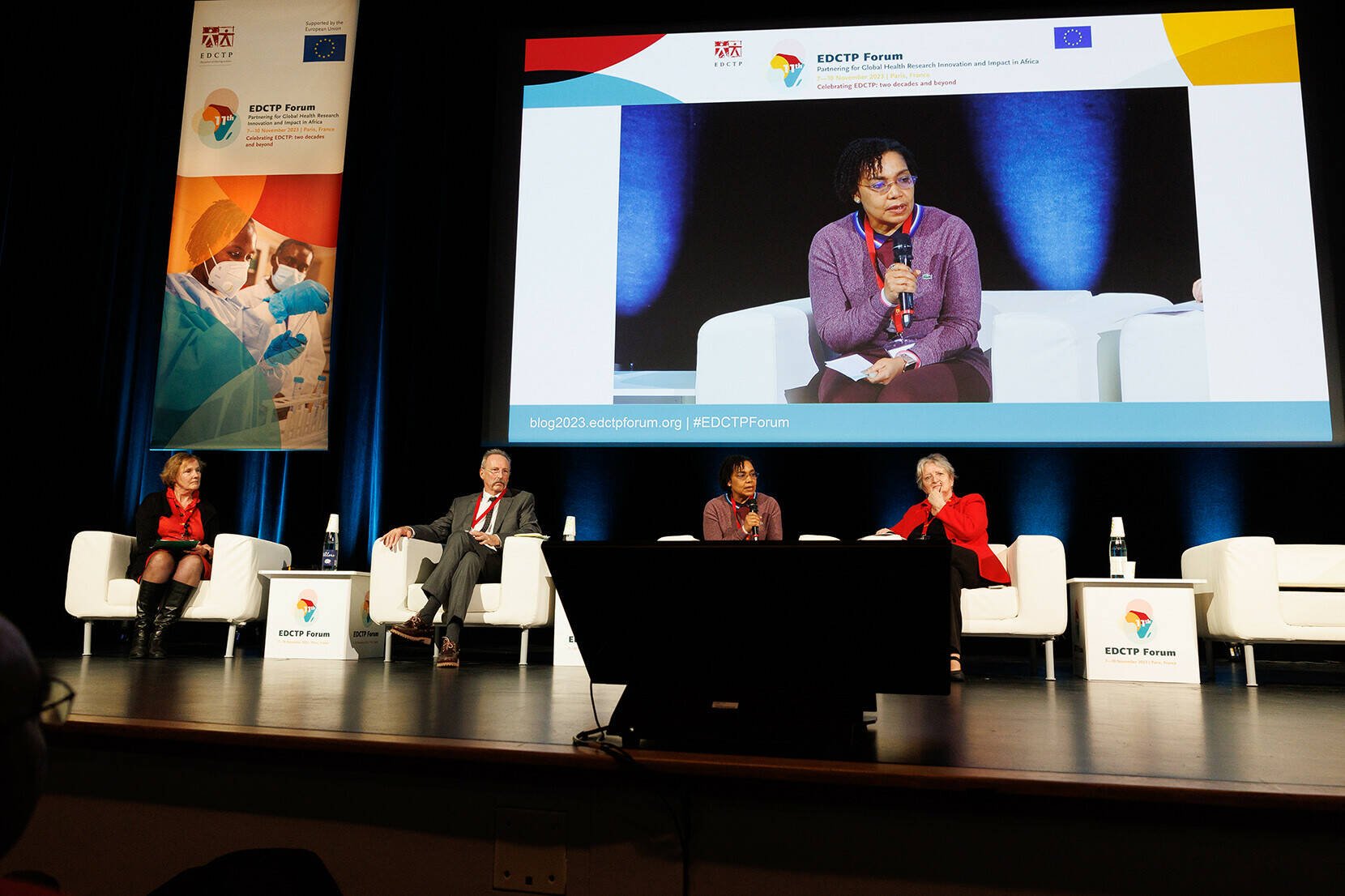In a panel discussion moderated by Professor Marleen Temmerman, Director of the Aga Khan University in Kenya, Dr Esperança Sevene, Associate Professor at Eduardo Mondlane University in Mozambique, Professor Philippe Van de Perre, Professor of Virology at Université de Montpellier in France and Dr Barbara Kerstiëns, Head of Unit, Research & Innovation DG, European Commission, identified areas of maternal and neonatal health they saw as critical. Dr Sevene noted that old foes such as malaria, TB and HIV are still a major challenge for women in Mozambique. Prof. Van de Perre focused on TB, which he argued was a neglected aspect of maternal health. Dr Kerstiëns pointed out the complex interplay between infectious and non-communicable diseases during pregnancy, and called for greater collaboration across disciplines.
A plenary session was devoted to a debate in which two teams argued for or against the motion ‘Resetting of local priorities is essential to progress against inequalities in global health’. Moderated by Professor Catherine Hankins, former chair of the EDCTP Scientific Advisory Committee, two panellists then spoke in favour of the motion – Dr Francisco Saúte, Director General of the Manhiça Health Research Centre (CISM), Mozambique and Dr Magda Robalo Correia Silva, President of the Institute for Global Health and Development, Guinea-Bissau. Arguing against the motion were Professor Nkandu Luo, Director, Global One Health Institute, Lusaka Environmental Health University, Zambia and Professor Margaret Gyapong, Director, Institute of Health Research, University of Health and Allied Sciences (UHAS), Ghana. An initial vote was taken at the start and following a thought-provoking and occasionally passionate debate, a second vote was taken. At the end, 54% of the audience was in favour, 30% was against and 16% were still unsure. Hence, the team arguing for the motion gained the most votes but the team arguing against saw the biggest increase in its share of the vote – so perhaps both teams could claim to be winners!
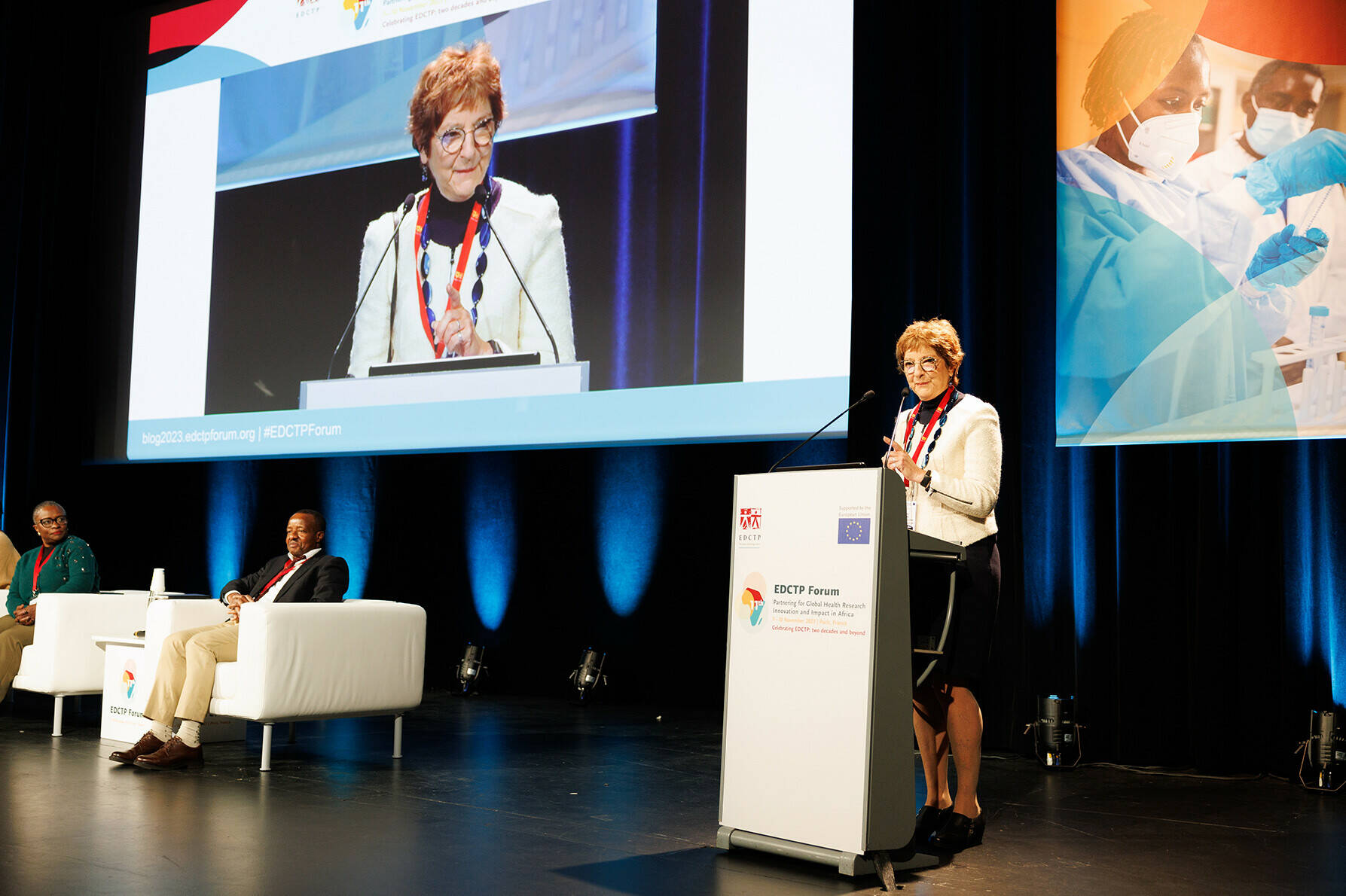
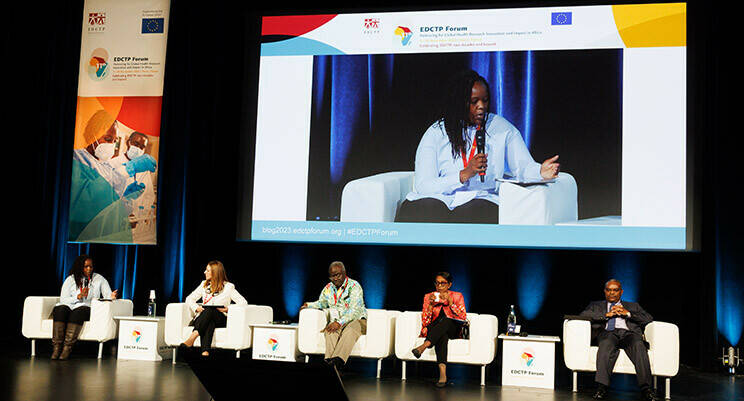
Global Health EDCTP3: strategy and links with other global initiatives
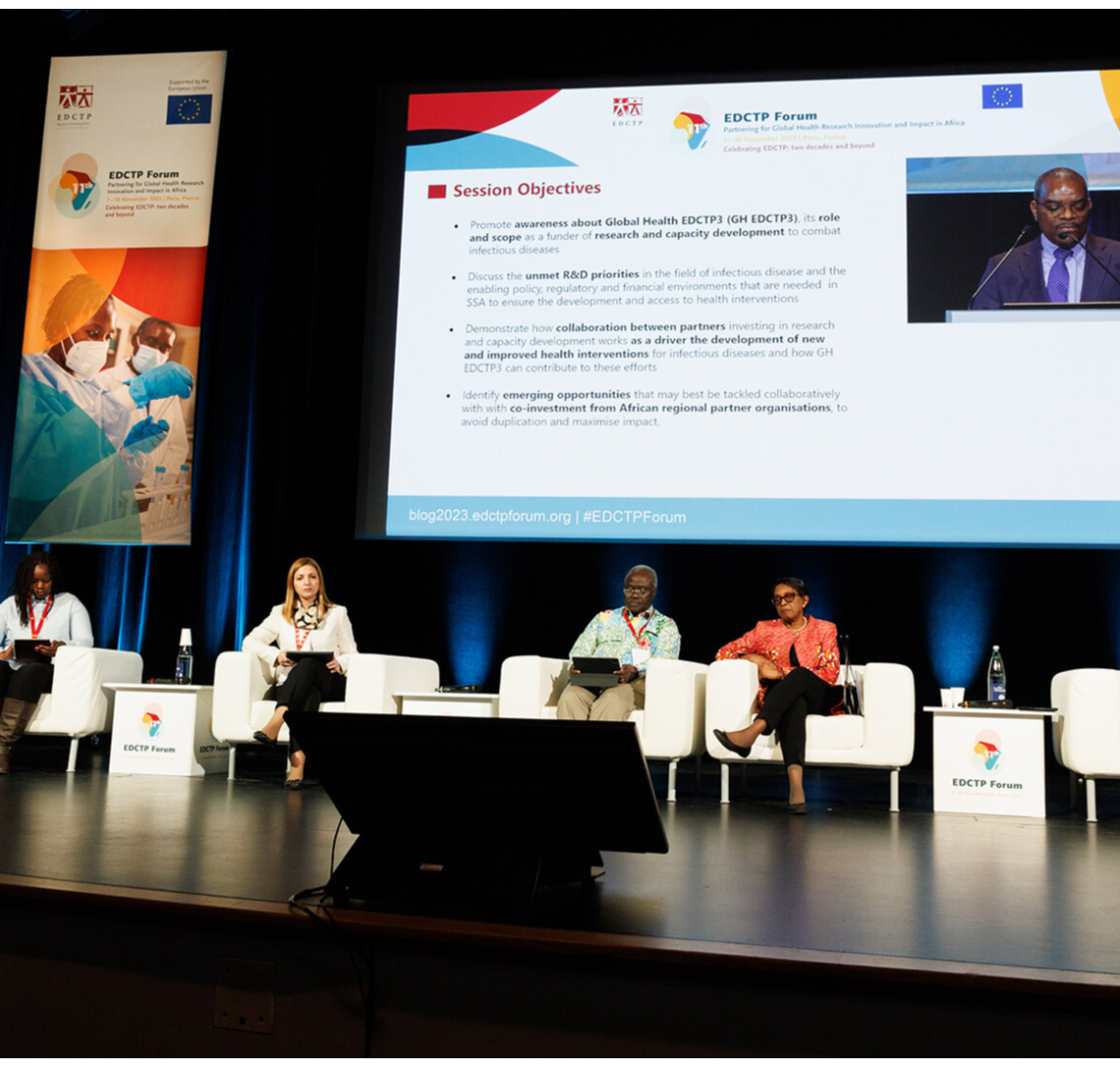
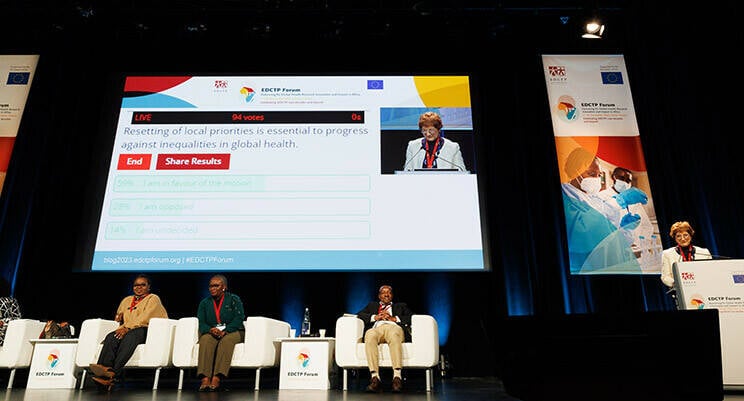
Inequalities in global health
scroll down
Engaging panel discussions brought up important topics such as maternal and neonatal health, inequalities in global health, and the opportunities for Global Health EDCTP3 to work with stakeholders to advance global health.
In the closing plenary session, Dr Michael Makanga, recently announced as the new Executive Director of the Global Health EDCTP3 Joint Undertaking, introduced a distinguished panel of guests and explored opportunities for EDCTP3 to work with a range of stakeholders to advance global health.
Dr Matshidiso Moeti, WHO Regional Director for Africa, stressed the close bonds established between the two organisations. Professor John Gyapong, Adjunct Professor of Global Health, Georgetown University, USA, and Chair of the Scientific Committee of the Global Health EDCTP3 Joint Undertaking, highlighted the many remaining gaps in knowledge and urgent need for new products to address unmet medical needs. Even with a substantial budget, he argued that EDCTP3 could not solve every problem and would need to prioritise.
Providing an industry perspective, Dr Nevena Miletic, Co-Chair of IFPMA’s African Regulatory Network, Switzerland, highlighted the growing number of clinical trials being conducted in Africa. She noted that patient safety and data integrity were crucial aspects of industry-led trials, requiring international-standard regulatory frameworks. She suggested that industry was keen to establish partnerships to strengthen regulatory capacity in the region, including support for the fledgling African Medicines Agency (AMA). Dr Shingai Machingaidze, Ag Chief Science Officer at the Africa CDC, noted that the remit of the Africa CDC was extremely broad, and offered considerable scope for collaborations with EDCTP3.
